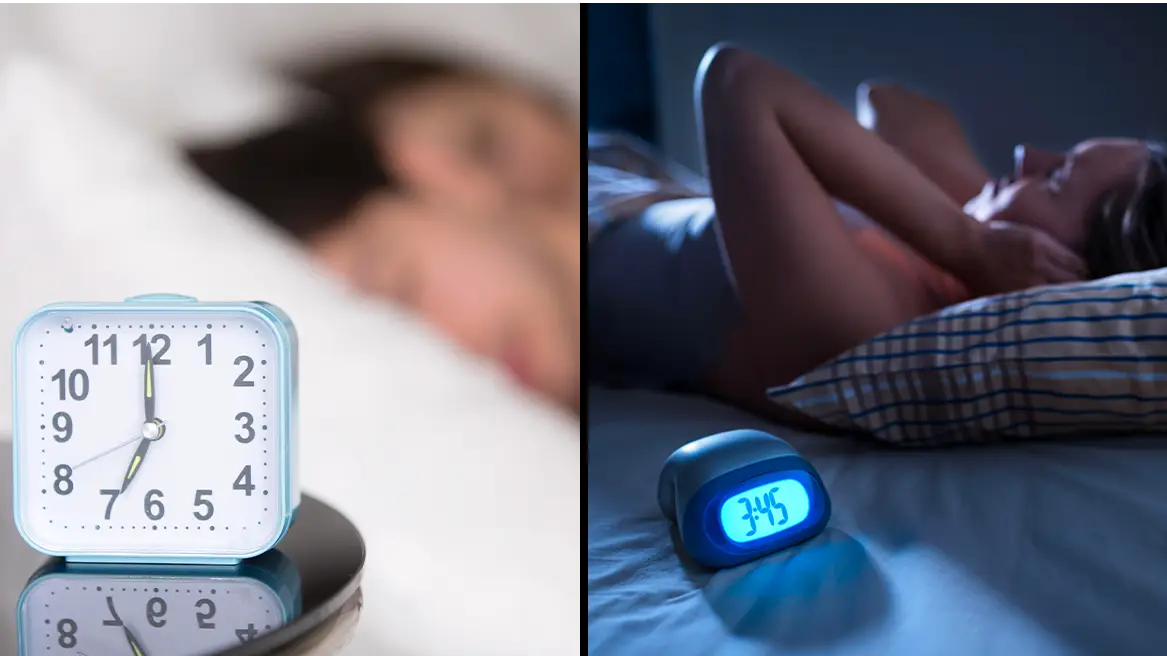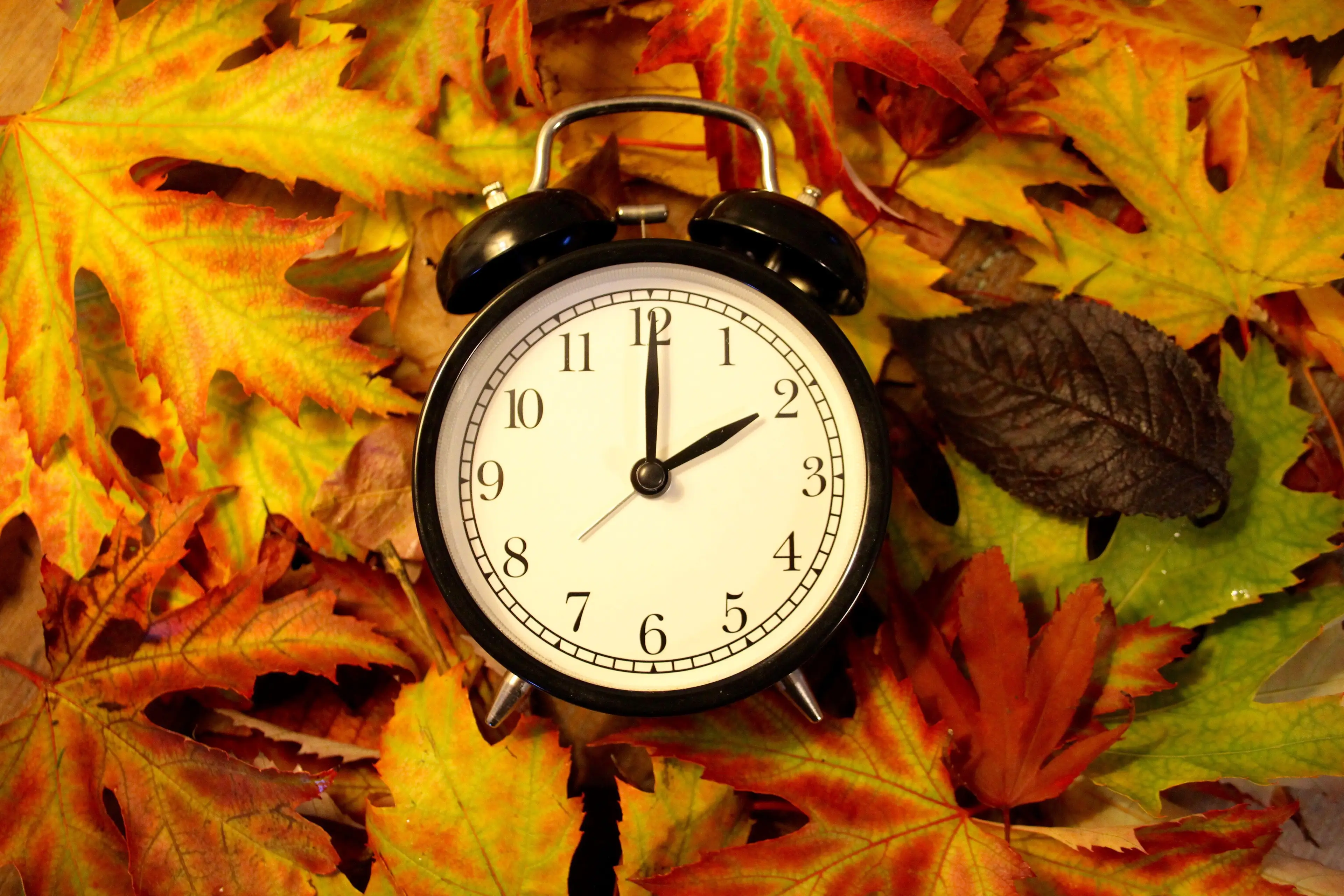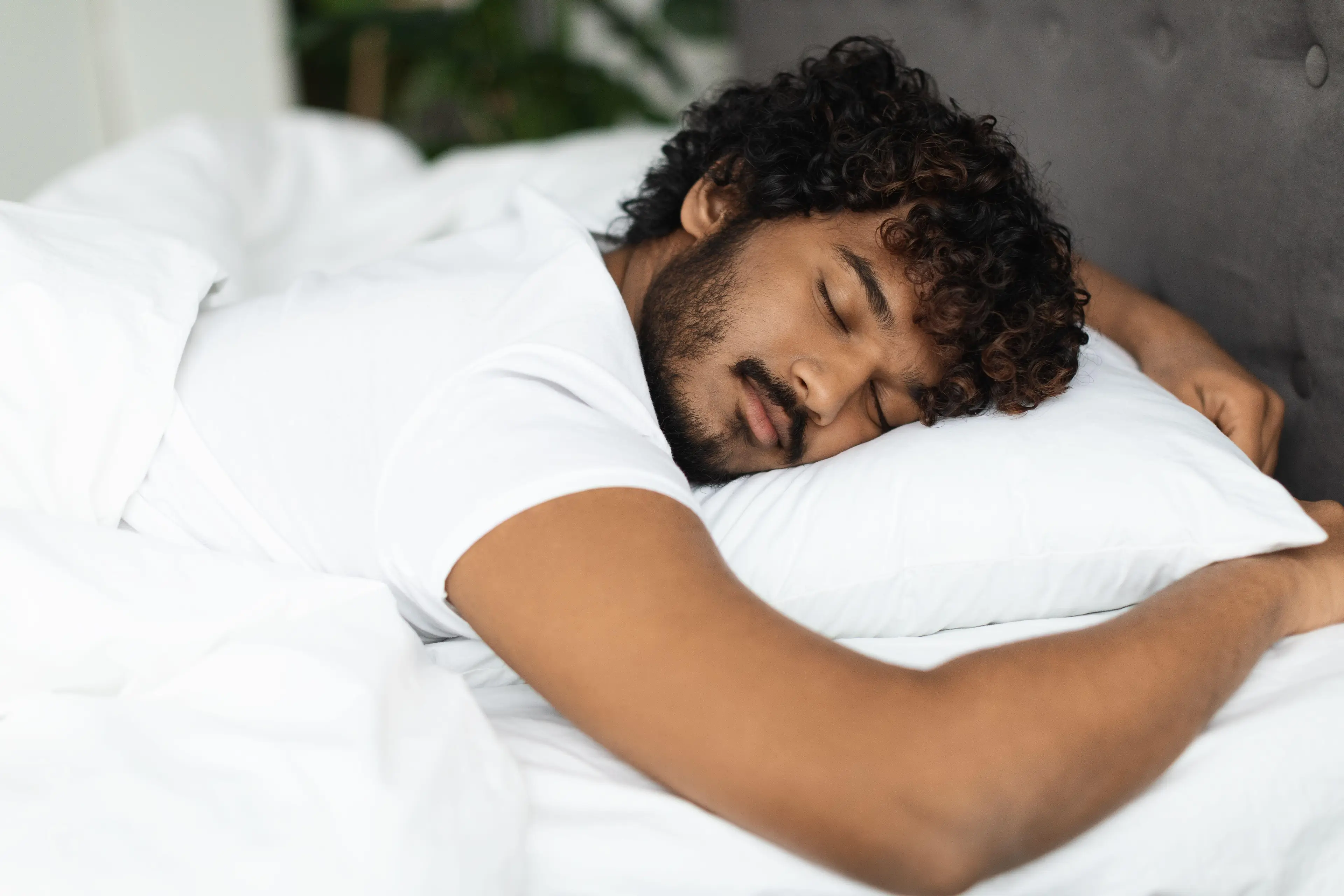
Whichever way the time is going, clocks changing will be something that always messes with our heads.
Sure, the clocks going forwards is never particularly nice as you lose an hour in bed, but even when they go backwards, you find yourself shuffling around the next day, asking: “So my body thinks it’s 7:00pm, but it’s actually 6:00pm... Is that why I’m so damn hungry?”
What seems like a small change ends up throwing your entire day off course – especially if you happen to be out clubbing the night before and find the lights coming up an hour before you’d anticipated, which isn’t great if you’ve just downed a few Jägerbombs.

Advert
Well, science isn’t too fond of the clocks changing, either, with one 2016 study finding that they also coincided with higher than usual stroke rates.
The study, titled ‘Changes in ischemic stroke occurrence following daylight saving time transitions’ and published in journal Sleep Medicine, found that stroke rates were eight percent higher than usual in the two days following both clock changes.
Researchers in Finland studied the effect that daylight saving time had on ischemic stroke hospitalisations and in-hospital deaths between 2004 and 2013.
“Circadian rhythm disruption has been associated with increased risk of ischemic stroke (IS),” the authors wrote.
“Daylight saving time (DST) transitions disrupt circadian rhythms and shifts the pattern of diurnal variation in stroke onset, but effects on the incidence of IS are unknown.”

They found that the occurrence rate of strokes in the first two days after clock changes was ‘elevated’.
They continued: “Daylight savings time transitions appear to be associated with an increase in ischemic stroke hospitalisations during the first two days after transitions but not during the entire following week.
“Susceptibility to effects of DST transitions on the occurrence of ischemic stroke may be modulated by gender, age and malignant comorbidities.”
The study also found that people with cancer were 25 percent more likely to have a stroke at that time than at any other time of year.
The reason why clocks change is all down to making the most of available daylight - a system introduced during WWI in 1916 under the Summer Time Act.
During summer, we borrow an hour of daylight and move to the evening, at which point ‘Daylight Saving Time’ applies.
When autumn rolls around, we revert back to ‘Greenwich Mean Time (GMT), which is when we get an extra hour in bed - something that will feel amazing at 9:00am, but much less fun when you're waiting for dinner later on...